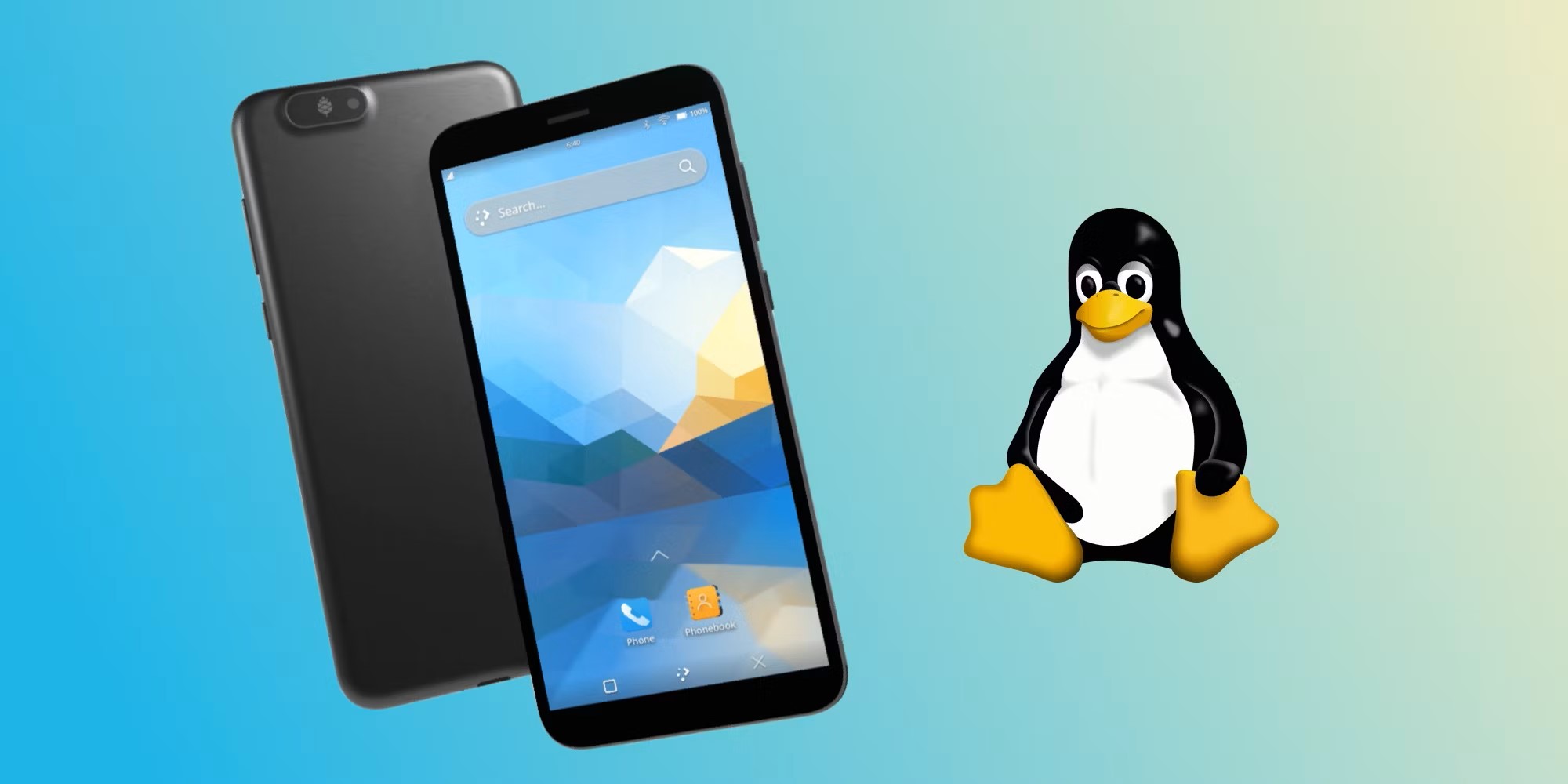Exploring the Top Linux Smartphone Operating Systems for Enhanced Freedom and Customization
Smartphones have become an indispensable part of our lives, serving as powerful tools for communication, productivity, and entertainment. While most smartphones come with pre-installed operating systems like Android or iOS, there is a growing community of Linux enthusiasts who prefer to replace these proprietary systems with open-source alternatives. Linux-based smartphone operating systems offer greater customization, privacy, and security, making them an appealing choice for tech-savvy individuals. In this article, we will explore some of the best Linux smartphone operating systems available for installation on your device.
Ubuntu Touch
Ubuntu Touch, developed by Canonical, is one of the most popular Linux-based smartphone operating systems. It provides a sleek and intuitive interface with smooth navigation and a range of pre-installed applications. Ubuntu Touch offers convergence capabilities, allowing you to connect your smartphone to an external display and use it as a desktop computer. The operating system emphasizes privacy and security, and it benefits from the large Ubuntu software ecosystem.
Sailfish OS
Sailfish OS, developed by Jolla, is another impressive Linux-based operating system for smartphones. It offers a unique gesture-based interface that provides a seamless user experience. Sailfish OS supports Android applications, giving you access to a vast library of apps while still maintaining the privacy and security advantages of a Linux-based system. It also provides strong multitasking capabilities and a highly customizable UI, making it an attractive choice for power users.
PostmarketOS
postmarketOS is a community-driven Linux distribution designed explicitly for smartphones. It aims to provide long-term support and regular updates for a wide range of devices. Based on Alpine Linux, postmarketOS offers a minimalistic and resource-efficient interface, which makes it suitable for older or low-end smartphones. While it is still under development, postmarketOS has made significant progress in supporting various hardware components, making it a promising option for Linux enthusiasts.
LineageOS
While not a Linux distribution per se, LineageOS is a popular open-source operating system based on the Android Open Source Project (AOSP). It offers a clean and customizable interface and focuses on performance, stability, and security. LineageOS supports a wide range of smartphones and provides frequent updates. By installing LineageOS, you can enjoy the benefits of an open-source operating system while still having access to a vast ecosystem of Android applications.
“Unleashing the Power of Automation: The Best Workflow Trends in 2023”
Plasma Mobile
Plasma Mobile, developed by the KDE community, is a user-friendly Linux-based operating system that offers a polished and modern interface. It provides a full-featured desktop-like experience and supports convergence, allowing you to connect your smartphone to an external display and use it as a computer. Plasma Mobile emphasizes customization, and its applications integrate seamlessly with the larger KDE software ecosystem.
Mobian
Mobian is a Debian-based Linux distribution specifically designed for smartphones. It provides a full-featured desktop environment adapted for mobile screens. Mobian focuses on stability, security, and ease of use. With its extensive software repository and strong community support, Mobian offers a wide range of applications and regular updates. It is an excellent choice for those who prefer the familiarity and reliability of Debian on their smartphones.
Manjaro ARM
Manjaro ARM is a Linux distribution based on Arch Linux and optimized for ARM devices, including smartphones. It offers a user-friendly interface and a vast software repository. Manjaro ARM provides rolling release updates, ensuring that you have access to the latest software developments. It supports various desktop environments, allowing you to customize your smartphone experience according to your preferences. If you appreciate the flexibility and cutting-edge nature of Arch Linux, Manjaro ARM is worth considering.
LuneOS
LuneOS, formerly known as webOS Ports, is a community-driven project that aims to revive the webOS operating system originally developed by Palm. LuneOS offers a unique and intuitive user interface with gesture-based navigation. It focuses on simplicity, elegance, and ease of use. While it is still under development, LuneOS has made significant progress and supports several smartphones. If you have a fondness for the original webOS or seek a refreshing and user-friendly experience, LuneOS is a viable choice.
PureOS
PureOS, developed by Purism, is a security-focused Linux distribution that powers the Librem 5 smartphone. It emphasizes privacy and freedom, using only free and open-source software. PureOS provides a modern and intuitive interface and supports convergence, allowing you to connect your smartphone to an external display and use it as a desktop computer. With its commitment to privacy and security, PureOS is an excellent choice for individuals concerned about data protection and digital rights.
eelo
eelo, now known as /e/OS, is a privacy-oriented Linux-based operating system for smartphones. It aims to provide a Google-free experience by replacing Google services and applications with privacy-enhanced alternatives. /e/OS focuses on user data protection and offers features like an app store with curated applications and an email service that respects your privacy. If you value privacy and want to reduce your reliance on big tech companies, /e/OS is worth exploring.
Linux-based smartphone operating systems provide a compelling alternative to proprietary systems, offering greater customization, privacy, and security. Whether you are a Linux enthusiast or simply looking to explore new possibilities for your smartphone, Ubuntu Touch, Sailfish OS, postmarketOS, LineageOS, and Plasma Mobile are excellent options to consider. Each operating system has its unique features and strengths, catering to different user preferences. By installing one of these Linux distributions, you can transform your smartphone into a more open and customizable device, taking control of your mobile experience.

